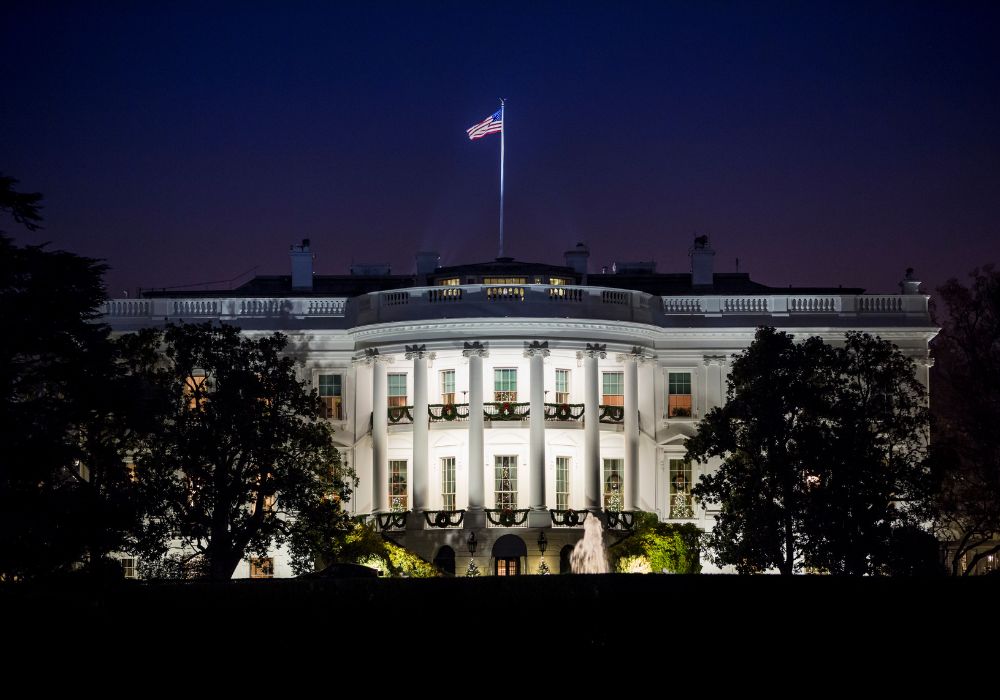
September 16, 2025 — President Donald Trump has filed a sweeping $15 billion defamation and libel lawsuit against The New York Times, four of its journalists, and Penguin Random House. The lawsuit, submitted in the U.S. District Court for the Middle District of Florida, accuses the defendants of publishing articles and a book with what Trump’s legal team describes as “false, malicious, and defamatory” statements about his personal and business reputation, especially in the period leading up to the 2024 presidential election.
Key Allegations
- The suit targets three articles published by The New York Times, including a pre‑2024‑election editorial which claimed Trump was unfit for office.
- It also names the book Lucky Loser: How Donald Trump Squandered His Father’s Fortune and Created the Illusion of Success, co‑written by NYT reporters Susanne Craig and Russ Buettner, and published by Penguin Random House. Trump alleges the book contained distortions and fabrications.
- Trump’s lawsuit claims these publications caused serious harm: damage to his reputation, injury to his business and brand, and a drop in the stock value of the Trump Media & Technology Group (TMTG), among other economic losses.
Defendants Named
- The New York Times Company
- Four NYT reporters: Susanne Craig, Russ Buettner, Peter Baker, Michael S. Schmidt
- Penguin Random House, the publisher of Lucky Loser
Legal & Political Context
- Trump claims the media’s reporting was not just mistaken, but politically motivated, meant to influence public opinion against him before the 2024 election. He frames the Times as a “mouthpiece of the Democrat Party,” accusing it of long‑term defamation and bias.
- Critics warn that, as a public figure, Trump must meet the demanding legal standard for defamation: not only prove false statements of fact but also demonstrate “actual malice”, meaning the defendants knew statements were false or acted with reckless disregard for truth. Legal analysts question whether the lawsuit adequately identifies statements that meet this threshold.
Defendants’ Responses
- The New York Times has called the lawsuit meritless and an attempt to silence or intimidate independent journalism.
- Penguin Random House similarly defended the safety of the book and its authors, and cited First Amendment protections.
What to Watch
- Proof of Malice: Whether Trump’s legal team can show that the Times and authors published false statements knowingly or with reckless disregard.
- Identifying False Statements of Fact vs. Opinion: Much of journalism involves commentary or opinion; those are harder to defame under U.S. law.
- Economic Damage Evidence: Trump claims losses to business reputation and stock value (e.g. TMTG); such claims often require strong causal links.
- First Amendment Defenses: Media outlets will likely argue that the articles and book are protected speech, and that the lawsuit overreaches.
- Precedent & Chilling Effects: Legal experts and media advocates are watching to see whether this will discourage media criticism, especially during elections.
Donald Trump’s lawsuit is one of his most ambitious legal battles against the press, both in scale (seeking $15 billion) and scope (targeting a newspaper, individual reporters, and a publisher over multiple publications). If successful, it could change the legal landscape for media accountability and defamation standard enforcement. However, the legal bar is high. Given U.S. protections for free speech and the historical difficulty for public figures to win defamation cases, many observers believe the case faces significant hurdles. Still, the lawsuit is making clear that Trump is doubling down on efforts to use the courts to push back against media reports and hold organizations accountable in a highly public way.
Hotcoin Official Site: https://www.hotcoin.com
Hotcoin Twitter: https://x.com/HotcoinGlobal
Hotcoin Telegram: https://t.me/HotcoinEX
Hotcoin Chinese Twitter: https://x.com/hotcoinzh
Hotcoin Chinese Community: https://t.me/hotcoinglobalcn
Hotcoin YouTube: https://www.youtube.com/@hotcoinglobal
